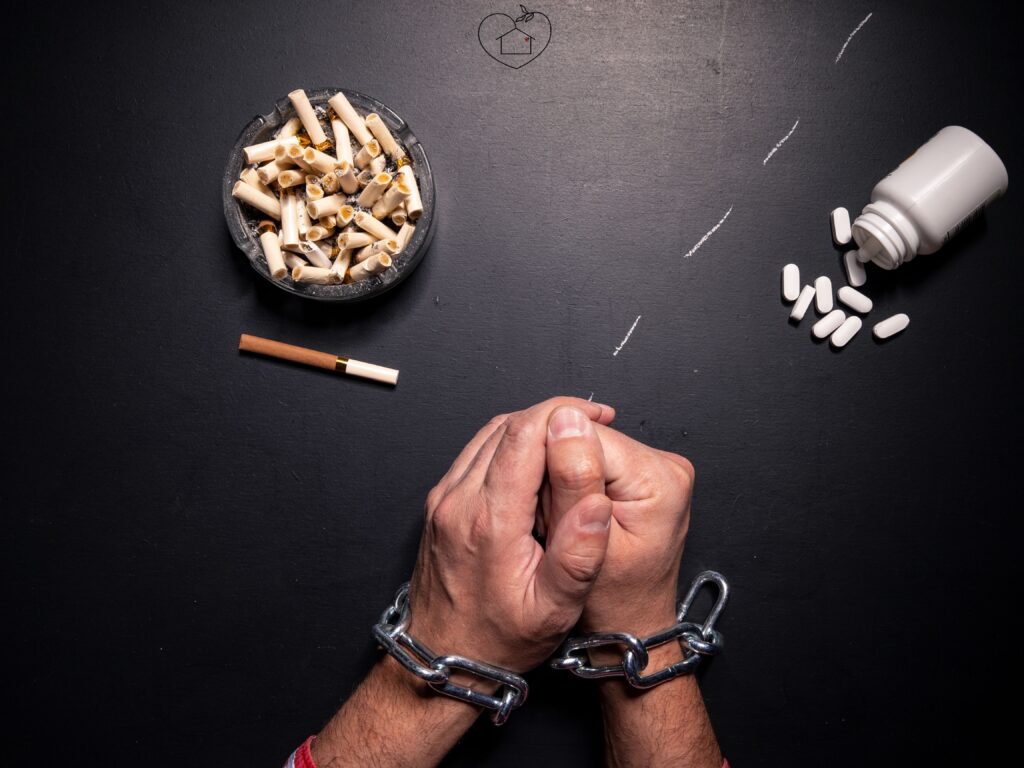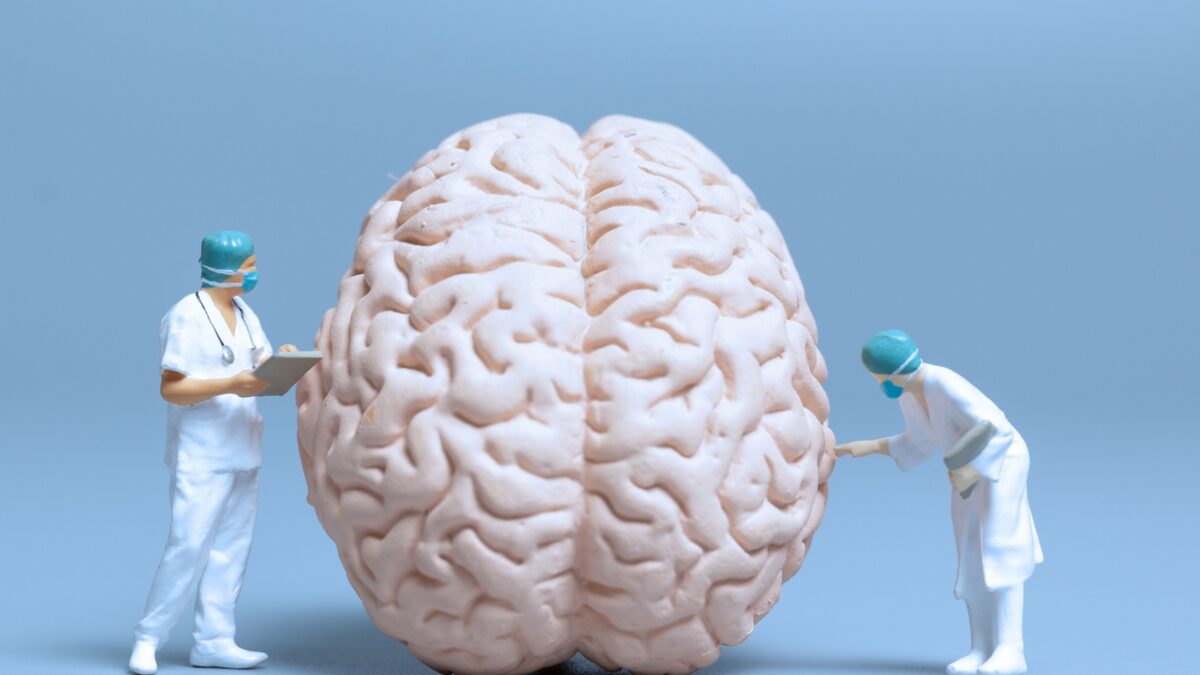Recovering from addiction is a trip that affects both the body and mind, but one of the most significant aspects of recovery is rewiring the brain. How long does it take to rewire the brain from addiction? The answer varies depending on individual circumstances, the substance involved, and the person’s commitment to recovery. This article examines the impact of addiction on the brain, how long the rewiring process typically takes, and practical tips for building a healthy, addiction-free life.
Table of Contents
ToggleThe Impact of Addiction on the Brain
Addiction profoundly changes the brain’s chemistry and structure, affecting neurotransmitters responsible for mood, motivation, and decision-making. Substances like drugs, alcohol, or even behavioral addictions (such as gambling) create intense releases of dopamine—a “feel-good” chemical. Over time, the brain begins to rely on these substances for dopamine production, disrupting natural reward systems and causing cravings and dependence.
Psychologists explain that addiction rewires neural pathways by reinforcing circuits linked to rewards, memory, and stress. As these pathways are strengthened, the brain becomes more dependent on the addictive behavior to feel “normal.” This process of dependency makes it challenging to stop the addictive behavior, as the brain’s ability to control impulses and make rational decisions weakens.
How Long to Rewire the Brain from Addiction?
The process of rewiring the brain is complicated and varies from person to person. Factors such as the type of addiction, the duration of substance use, individual resilience, and the quality of support systems all play a role in recovery timelines. Below is a general breakdown of the stages of brain rewiring:
1. Initial Withdrawal Phase (1-2 Weeks)
The first few days to weeks are often the most challenging as the brain and body adjust to the absence of the addictive substance. During this period, individuals may experience withdrawal symptoms such as anxiety, irritability, cravings, and physical discomfort.
Why It’s Crucial: This phase initiates the brain’s healing process by reducing dependency on the substance. Although withdrawal symptoms can be intense, this period is essential for “resetting” the brain’s reliance on artificial dopamine boosts.
2. Early Recovery Phase (1-3 Months)
As withdrawal symptoms begin to ease, the brain enters a phase where it begins to rewire itself gradually. The brain starts producing dopamine more naturally, but cravings may persist, and impulse control may still be weak.
Why It’s Crucial: This is a critical time for building new habits and reinforcing healthy behaviors. Psychological support, counseling, and lifestyle changes during this phase can significantly influence long-term recovery.
3. Neuroplasticity and Habit Formation (3-6 Months)
Neuroplasticity, or the brain’s ability to reorganize itself, plays a major role in this stage. Between three and six months, the brain begins to form new pathways, which replace old, addiction-related pathways.
Why It’s Crucial: By consistently practicing healthy habits and hiring in therapy, individuals can create new routines that support sober living. This phase solidifies the brain’s shift from addiction-centered behaviors to constructive, healthy alternatives.
4. Sustained Recovery and Long-Term Rewiring (6 Months to 1 Year and Beyond)
By the six-month mark, significant progress is usually made in rewiring the brain. For some, it may take up to a year or more for the brain to stabilize and reach a balanced state. The likelihood of relapse decreases as new neural pathways become stronger.
Why It’s Crucial: Long-term recovery often involves ongoing therapy, support groups, and lifestyle adjustments to prevent relapse. By this stage, many individuals find themselves better equipped to handle stress, manage cravings, and maintain a sober lifestyle.
Advice for Rewiring the Brain from Addiction
1. Set Small, Achievable Goals to Reinforce Progress
Recovery is a journey that is best taken one step at a time. Setting small, realistic goals—like a week or a month of sobriety—can help you feel a sense of accomplishment. Each milestone reinforces new neural pathways, encouraging positive reinforcement.
Example: Start with a goal to remain substance-free for one week, then gradually increase it to a month. Celebrating these milestones, even with simple rewards, strengthens your commitment and helps the brain adapt to a new, healthier routine.
2. Hire in Mindfulness and Meditation Practices
Mindfulness and meditation can help reduce stress, improve stress, and rebuild the brain’s ability to control impulses. These practices promote calmness and reduce cravings by helping individuals stay present, improving mental resilience.
Example: Practice deep breathing exercises when cravings strike. Apps like Headspace or Insight Timer offer guided meditations that help reduce stress and keep you concentrating on your recovery goals.

3. Build a Strong Support Network
Social support is essential in addiction recovery. Entertaining with friends, family, or support groups provides encouragement, accountability, and a sense of belonging. Trusted support networks reinforce positive behaviors, reduce isolation, and improve resilience.
Example: Join a recovery group, either locally or online, where you can share experiences and hear success stories. Connecting with people on a similar trip creates an environment of mutual support and inspiration.
4. Exercise Regularly to Boost Natural Dopamine Production
Physical activity helps to restore the brain’s dopamine production, providing a natural boost to mood and motivation. Exercise reduces cravings and improves mental clarity, both of which are essential for long-term brain recovery.
Example: Start with a 20-minute walk daily, gradually increasing the duration or intensity. Activities like jogging, yoga, and swimming are excellent options to enhance well-being and support brain health.
5. Establish a Consistent Sleep Routine for Brain Repair
Quality sleep is crucial for brain health and recovery, as it allows the brain to detoxify and repair itself. Poor sleep can increase cravings and weaken impulse control, making it harder to stay on track.
Example: Set a regular sleep schedule by going to bed and waking up at the same time every day. Avoid screens before bed, and create a calming bedtime routine to improve sleep quality.
6. Replace Triggers with Positive Habits
Identify specific situations, places, or people that act as triggers and replace these with positive activities. Building new routines helps reinforce healthy neural pathways and makes it easier to avoid relapse.
Example: If social settings trigger cravings, replace them with activities like hiking, reading, or joining a creative class. Hire in hobbies that provide mental stimulation and fulfill you.
7. Practice Gratitude to Shift Concentration from Cravings to Growth
Gratitude shifts concentrate on the past and help promote positivity, reducing negative thoughts that can lead to relapse. A positive outlook reinforces neural pathways associated with satisfaction and self-acceptance.
Example: Keep a gratitude journal, writing down three things you’re thankful for every day. Reflecting on positive moments can strengthen your resolve and remind you of the benefits of a healthy, addiction-free life.
8. Seek Therapy and Counseling for Long-Term Support
Professional help can make a significant difference in rewiring the brain. Cognitive-behavioral therapy (CBT), for instance, helps individuals develop coping mechanisms, address underlying emotional issues, and build resilience.
Example: Schedule regular therapy sessions, where you can explore your triggers, work on managing cravings, and build emotional strength. Therapy provides personalized support and tools for lasting recovery.
Recovering from addiction and rewiring the brain is a trip that requires time, patience, and support. With determination and the right strategies, individuals can reclaim their lives, rebuild their minds, and create a future free from the chains of addiction. Recognize that every positive change contributes to the healing process, making each step forward a victory on the path to recovery.
Watch and Read!
- “The Power of Habit” by Charles Duhigg
- “In the Realm of Hungry Ghosts” by Gabor Maté
- “Atomic Habits” by James Clear
- “A Beautiful Boy” (2018)
- “Requiem for a Dream” (2000)
- “The Anonymous People” (2013)
FAQ
Recovery varies, but generally, the brain begins rewiring within the first three months and may take 6-12 months or longer to stabilize completely, depending on the individual and addiction type.
While the brain can make significant progress in healing, some changes may be long-lasting. However, with dedication, many people regain normal brain function and lead fulfilling lives.
Healthy lifestyle habits like exercise, a balanced diet, quality sleep, and social support can accelerate brain recovery. Consistency and positive routines reinforce brain healing and reduce cravings.

